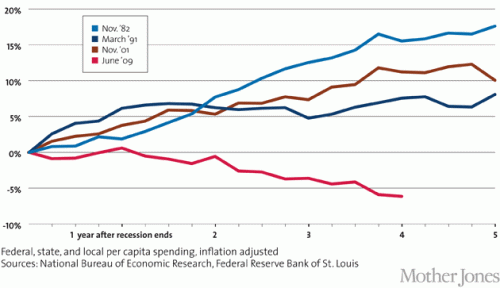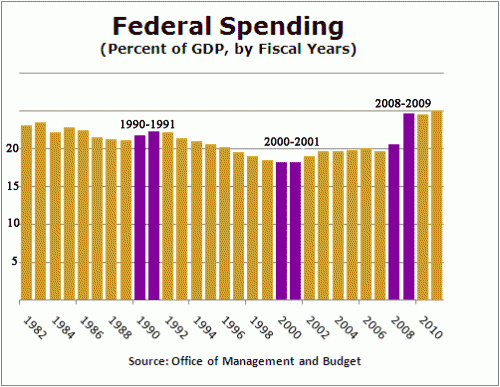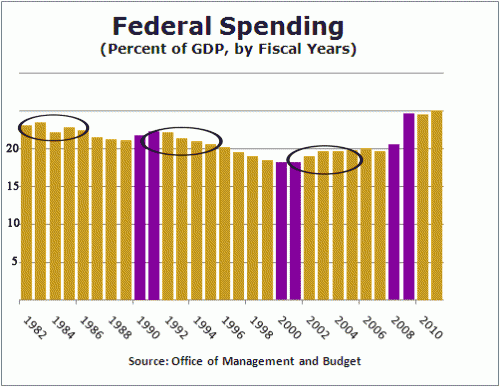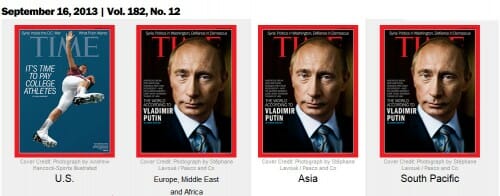Avoiding McDonald's
Watching the Superbowl, and seeing the McDonald's commercial where the company announced a policy that they will ask their customers to do various kinds of performance art rather than pay, I said to my kids, "well, I guess I am avoiding McDonald's for a while." Not only do I not want to sing a song to avoid paying my $5 bill, I probably would pay them $50 to shut up and just give me my damn food.
My kids acted like I was being a curmudgeon, but apparently I am not alone:
Early on Monday morning I paid a visit to the Golden Arches while traveling through Union Station in Washington, D.C. After a moment’s wait I placed my order with an enthusiastic cashier, and started to pay.
Suddenly the woman began clapping and cheering, and the restaurant crew quickly gathered around her and joined in. This can’t be good, I thought, half expecting someone to put a birthday sombrero on my head. The cashier announced with glee, “You get to pay with lovin ’!” Confused, I again started to try to pay. But no.
I wouldn’t need money today, she explained, as I had been randomly chosen for the store’s “Pay with Lovin’ ” campaign, the company’s latest public-relations blitz, announced Sunday with a mushy Super Bowl TV commercial featuring customers who say “I love you” to someone, or perform other feel-good stunts, and are rewarded with free food. Between Feb. 2 and Valentine’s Day, the company says, participating McDonald’s locations will give away 100 meals to unsuspecting patrons in an effort to spread “the lovin’.”
If the “Pay with Lovin’ ” scenario looks touching on television, it is less so in real life. A crew member produced a heart-shaped pencil box stuffed with slips of paper, and instructed me to pick one. My fellow customers seemed to look on with pity as I drew my fate: “Ask someone to dance.” I stood there for a mortified second or two, and then the cashier mercifully suggested that we all dance together. Not wanting to be a spoilsport, I forced a smile and “raised the roof” a couple of times, as employees tried to lure cringing customers into forming some kind of conga line, asking them when they’d last been asked to dance.
The public embarrassment ended soon enough, and I slunk away with my free breakfast, thinking: Now there’s an idea that never should have left the conference room.
It didn't look touching on TV, it looked awful. I had already decided to avoid McDonald's for the time being based on the commercial but my thanks to the author for confirming it.






